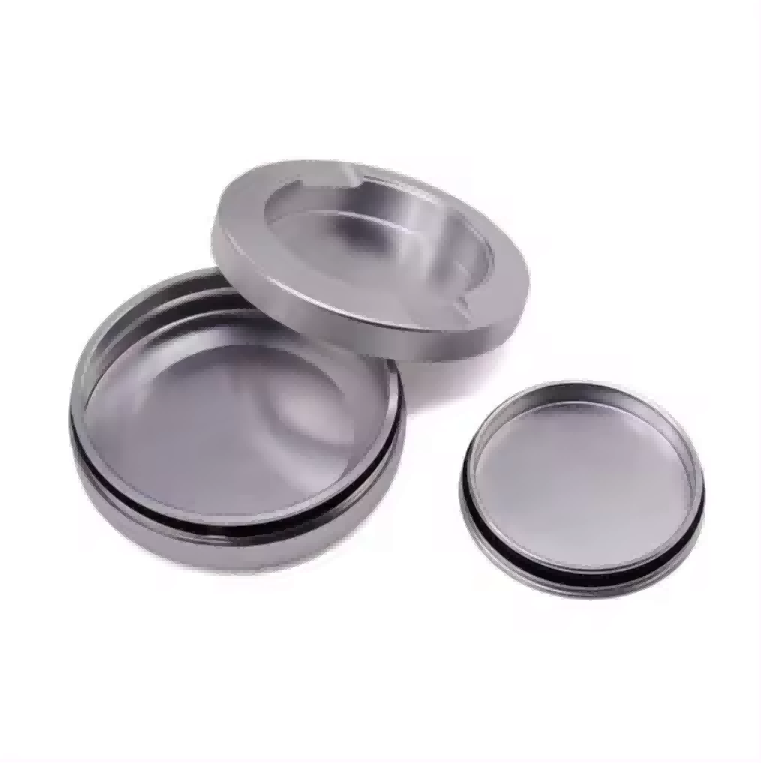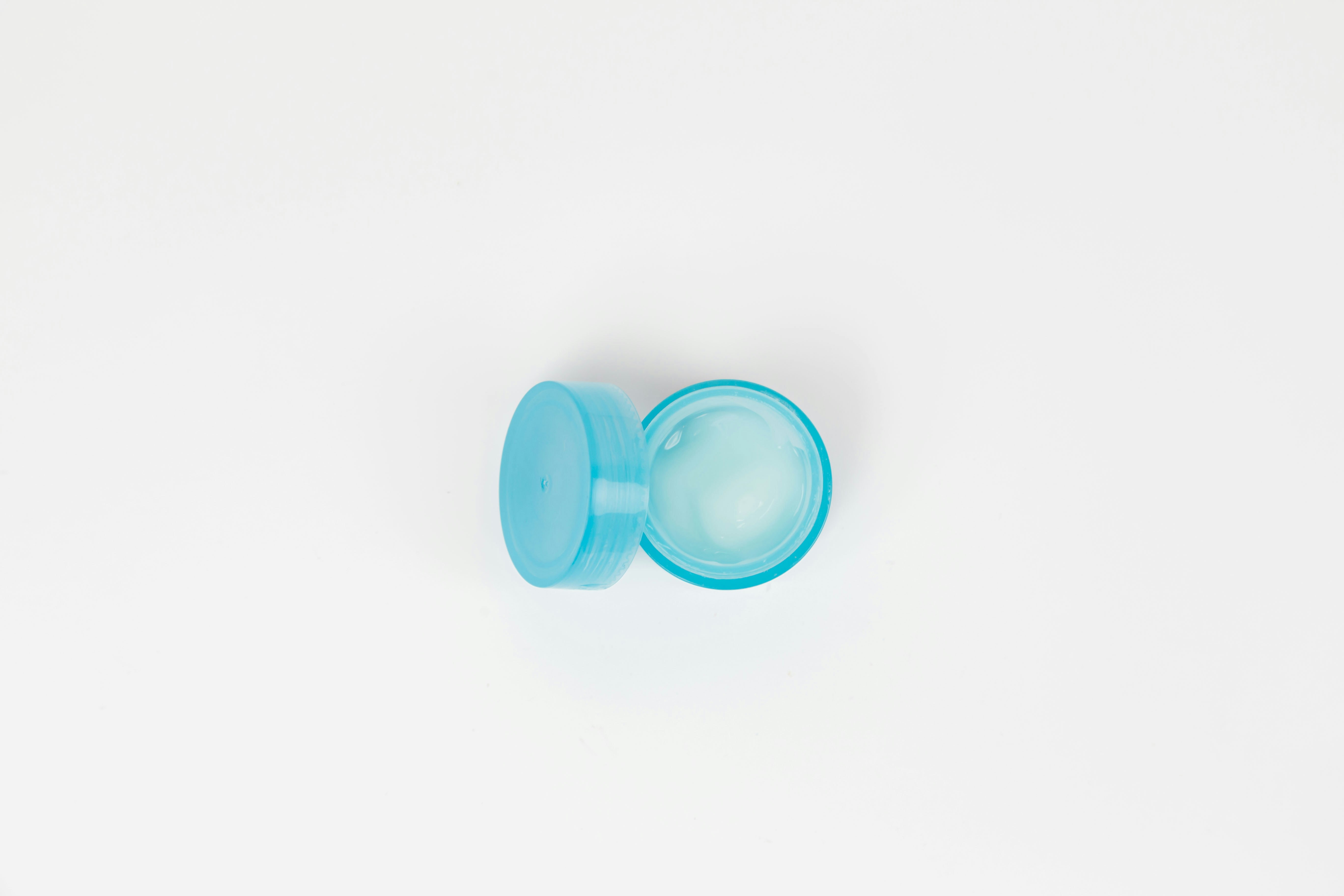- time:2024/10/28 posted:admin
As snus can manufacturers continue to innovate, consumers now have multiple material options to consider—aluminum, metal, and plastic. Each material offers unique benefits, making it essential to understand how these choices impact moisture resistance, storage duration, and usage suitability.
 1. Aluminum Snus Cans: Lightweight and Durable
1. Aluminum Snus Cans: Lightweight and DurableMoisture Resistance: Aluminum cans are naturally resistant to moisture, providing excellent protection for snus. The material’s non-corrosive properties ensure that the cans remain unaffected by humidity, which is vital for long-term snus storage.
Storage Duration: With an airtight seal, aluminum cans can extend the freshness of snus for weeks or even months, depending on how they are sealed and stored. This makes aluminum cans a top choice for users who prioritize long-term storage.
Use Cases: Aluminum snus cans are particularly popular with consumers who prefer a lightweight, portable option that offers both durability and effective moisture resistance.
 2. Metal Snus Cans: Robust and Reliable
2. Metal Snus Cans: Robust and ReliableMoisture Resistance: Metal snus cans, typically made of stainless steel, offer strong protection against moisture. However, if the metal isn’t treated with anti-corrosive coatings, there is a risk of rust over extended periods, especially in humid environments.
Storage Duration: Metal cans are highly durable and can store snus effectively for moderate to long periods. While they may not match the superior moisture resistance of aluminum, a properly sealed metal snus can provide reliable freshness.
Use Cases: Metal cans are favored for their robust feel and high durability. They are ideal for users looking for a premium-feeling can that holds up in active or outdoor environments.
3. Plastic Snus Cans: Affordable and Customizable
Moisture Resistance: Plastic snus cans offer moderate moisture resistance, but they do not provide the same airtight seal as aluminum or metal. Over time, plastic may allow slight moisture penetration, which could affect the freshness of snus.
Storage Duration: Due to limited moisture resistance, plastic snus cans are better suited for short-term storage. They are best for those who frequently use their snus and do not need long-term freshness.
Use Cases: Plastic snus cans are cost-effective and can be produced in various colors and shapes, making them ideal for brands looking to offer visually appealing, disposable options.

4. Choosing the Right Snus Can Material for Your Needs
The best material for snus storage largely depends on the user's priorities. Aluminum snus cans are ideal for long-term freshness, metal cans offer a premium, durable option, and plastic can provide an affordable, customizable choice for short-term use. Snus can manufacturers like Anside ensure that each type of can is optimized for its intended use, offering customers a range of options to meet their needs.
Each snus can material—aluminum, metal, and plastic—has its strengths and is suited to different storage needs. Aluminum cans provide superior moisture resistance for long-term use, metal cans offer a premium feel with reliable durability, and plastic cans cater to short-term users with customizable, affordable options. As a leading snus can manufacturer, Anside supplies high-quality snus cans in all materials to meet the diverse needs of our customers.
